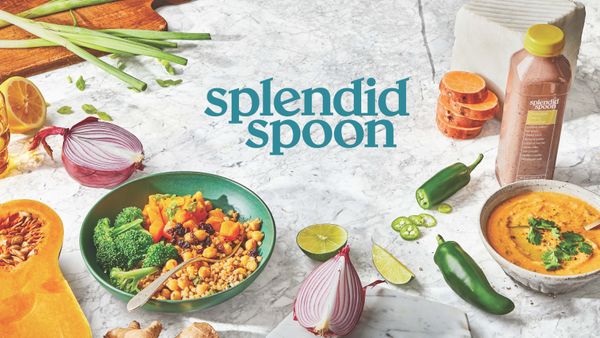Anyone who is vegan, or even vegetarian, is likely quite familiar with the infamous question, “But where do you get your PROTEIN?” Some veggie lovers may already know how to answer this question without missing a beat. But if you’re not quite sure, read on to arm yourself with knowledge; not just for a quick response, but more importantly for your own health!
When it comes to trying to figure out what is the ‘right’ way to eat, I believe that our answers can be best found by looking to nature. It is a well accepted belief, in carnivore and herbivore circles alike, that breast milk is the ‘perfect food’. What may come as a surprise to most people is that natural, human breast milk is only 5% protein. If 5% protein is what nature provides for a growing baby, then it is certainly good enough for full grown adults. To be conservative, if we consume about 10-15% of our calories from protein, we needn’t ever worry of being protein deprived. Sadly, most Americans are so focused on protein rich diets, due to fad diets and marketing, that they actually over-consume protein. This can lead to health problems such as stressed kidney function, osteoporosis as calcium is leached from the bones, and an increase or aggravation of allergies. Ever heard of Kwashiorkor disease? Probably not. That’s because Kwashiorkor is very rarely, if ever, seen in the Western world. It is a condition caused by lack of protein. As Americans, we really don’t have any problem getting adequate protein.
So where is all this protein? It’s in ALL foods. Foods are not created equal, but there is protein in everything from a black bean to a blueberry. In fact, calorie for calorie, vegetables often beat out animal products with their protein punch. For example, ground beef is approximately 38% protein, while spinach comes in at a whopping 50%! On the lower end, fruits such as bananas, pineapples, mangos, and even grapes, all contain 4-5% protein. If we remember that nature gave us 5% protein in the ‘perfect food’, it’s easy to see that as long as you eat a variety of whole plant foods, you will be getting more than enough protein in your diet. The added bonus of getting your protein from plant sources is the benefit of the high amount of fiber you will be taking in. Plant foods are jam packed with fiber, while on the contrary there is absolutely NO fiber in animal foods. Fiber is cancer protective, controls blood sugar levels, keeps our gut functioning more efficiently, and helps promote satiety, and thus weight loss.
It is very possible to be a ‘junk food’ vegan, and to go about your day eating processed, chemical laden, ‘food-like substances’. When done correctly, a vegan diet is the healthiest choice you can make. If you have made the choice to cut animal products out of your diet, first and foremost, kudos to you! The next step is to fully educate yourself so that you are certain you are feeding your body what it needs to stay healthy and full of energy. It’s not that complicated; just keep it simple. Eat whole, fresh, living foods. Variety is key. And the next time someone asks you, “But where do you get your PROTEIN?” just smile and say, “Everywhere.”


